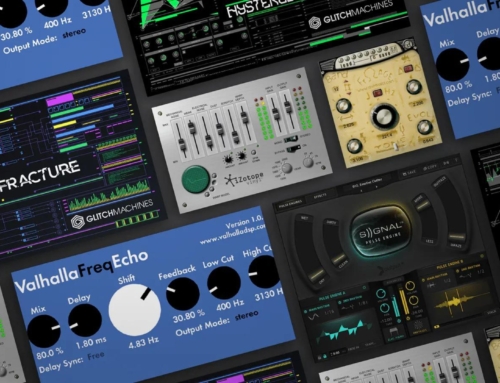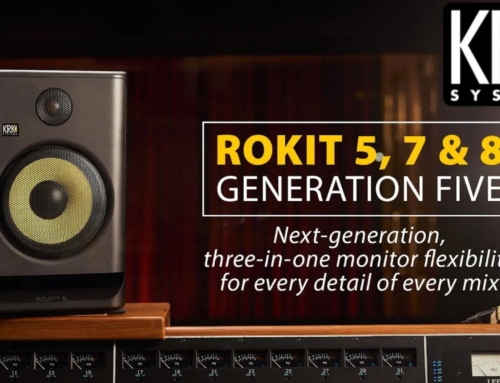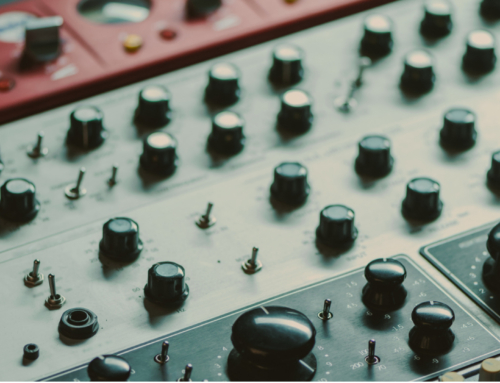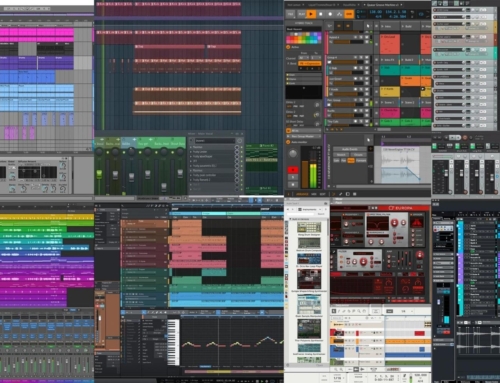Much has been written on the benefits of analog summing vs. ‘in the box’ mixing and in many contexts, the benefits are undoubtedly there. However, the importance of analog can often be overstated, particularly if you are just starting out as a producer.
What is Summing?
During your mix, you will at some point have to ‘sum’ all of your audio together through one stereo audio track so that you can render a final stereo audio file. Traditionally, this summing was achieved in the analog domain, through a mixing console. In recent years however, it has obviously become possible to create finished pieces of music without ever leaving the digital realm. The argument that you will probably have heard is that tracks which have been created entirely digitally (‘in the box’) lack the warmth of tracks that have been summed through a desk; they sound cold and brittle. They are said to be inferior. Whilst this isn’t exactly a myth, I’d like to show that it isn’t the whole truth either.
Can You Achieve Top Quality Mixes In The Box?
The short answer is ‘yes’. Plenty of the very best mix engineers complete mixes entirely in the box. One such engineer is Dave Pensado (Justin Timberlake, Beyoncé), who has certainly been known to work in this way on occasion. Pensado makes an excellent point in an article in Sound On Sound when he opines; “you show me a guy who doesn’t like a particular format and I will show you a guy who does not know how to use it. The reason many old guys are complaining about the digital stuff is that they have not taken the same amount of time to figure out what to do with digital gear as they have learning about analogue when they were young.”
There is a difference in sound between analog and digital summing, but it is far from the most important element in the creation of a mix. Far more important is the skill of the mix engineer, their knowledge of the equipment they are using, and the amount of time they have taken over getting the final mix just right. If your mixes aren’t sounding great, routing your tracks through an SSL desk worth tens of thousands of dollars won’t help a whole lot. Spending some serious time on improving your mixing technique will.
So Should I Ignore The Analog Vs. Digital Debate?
The short answer here is ‘no’! Don’t make it your main focus; focus on improving your skill as a mix engineer, but don’t ignore the issue completely either. Analog equipment isn’t cheap, and it is far from essential, but it can offer you something different, and in time this is worth engaging with. Many of the best electronic producers look for ways to incorporate analog elements into their mixes and the warmth that this can add is a useful tool in certain genres. There are different ways that this can be achieved as well – summing is not the only route.
Analog Mastering
I was fortunate enough to master an album with the late Nilesh Patel a few years back; a legendary figure in the history of mastering electronic music. He worked with artists such as Daft Punk, Armand Van Helden, Soulwax, Justice and The XX, mastering many landmark albums along the way. One of the reasons that so many electronic artists favoured him was because his studio at The Exchange in London was predominantly filled with analog equipment. Many artists felt that this would add a certain warmth that can be missing from electronic recordings. Of course this would count for nothing if he was not also a supremely talented mastering engineer. So again, it is worth knowing what analog mastering can do for you as an electronic producer, but there is no substitute for great engineering. In the video below, Greg Calbi (David Bowie, Talking Heads, Passion Pit) discusses the benefits of analog mastering, whilst also cautioning that it is not always the best way forward;
Analog Synths
Another great way to add analog warmth to your recordings is through the use of vintage analog synthesisers. Artists such as Soulwax and MSTRKRFT have used a wide range of synths to add warmth and depth to their recordings. In the video below MSTRKRFT discuss their use of analog synths in the studio:
Despite his obvious love for vintage equipment, Jesse F. Keeler from the group still had this to say in an interview: “I think amazing work can be done on whatever you’ve got. There’s this incredible drum ‘n’ bass track called ‘Burning” by Audio & Dylan, and I found out from Dylan that they made that using all Propellerhead Reason. And I’m just like, ‘You’ve gotta be kidding me. The drums on this sound better than everything.”
Notice a pattern in all of these opinions? It is the skill of the producers and engineers that will ultimately dictate whether a track sounds any good. Yes, analog equipment can have a vital role to play in a mix, but it is not essential. Don’t get too hung up about it.




